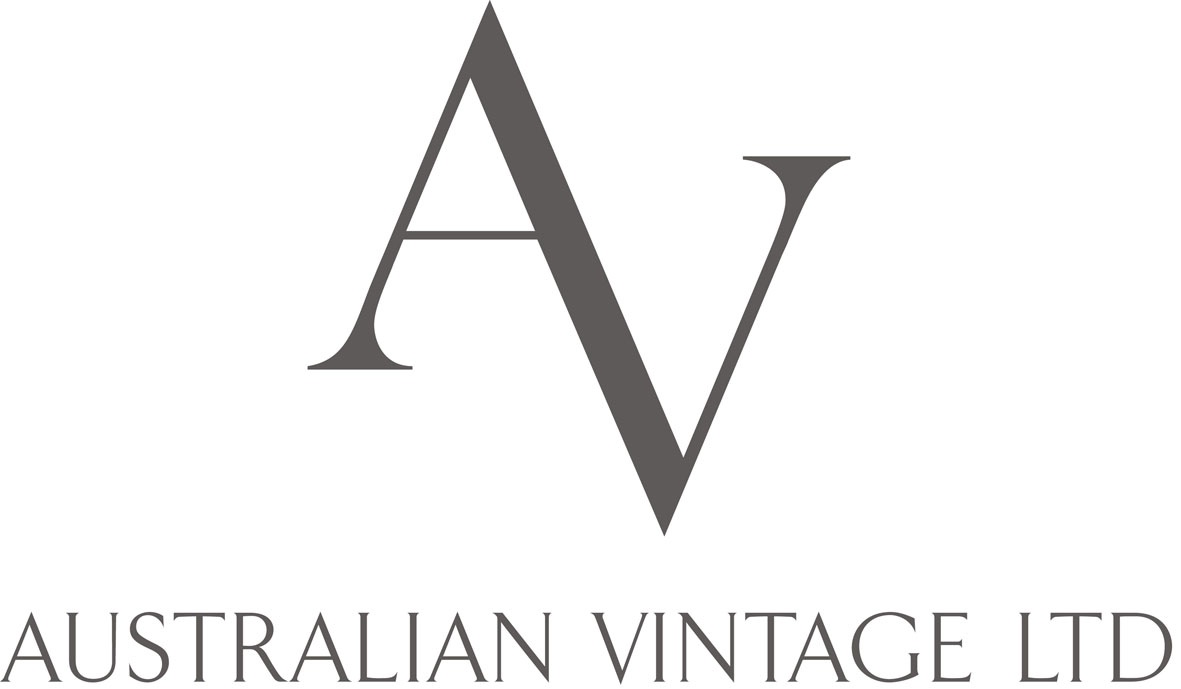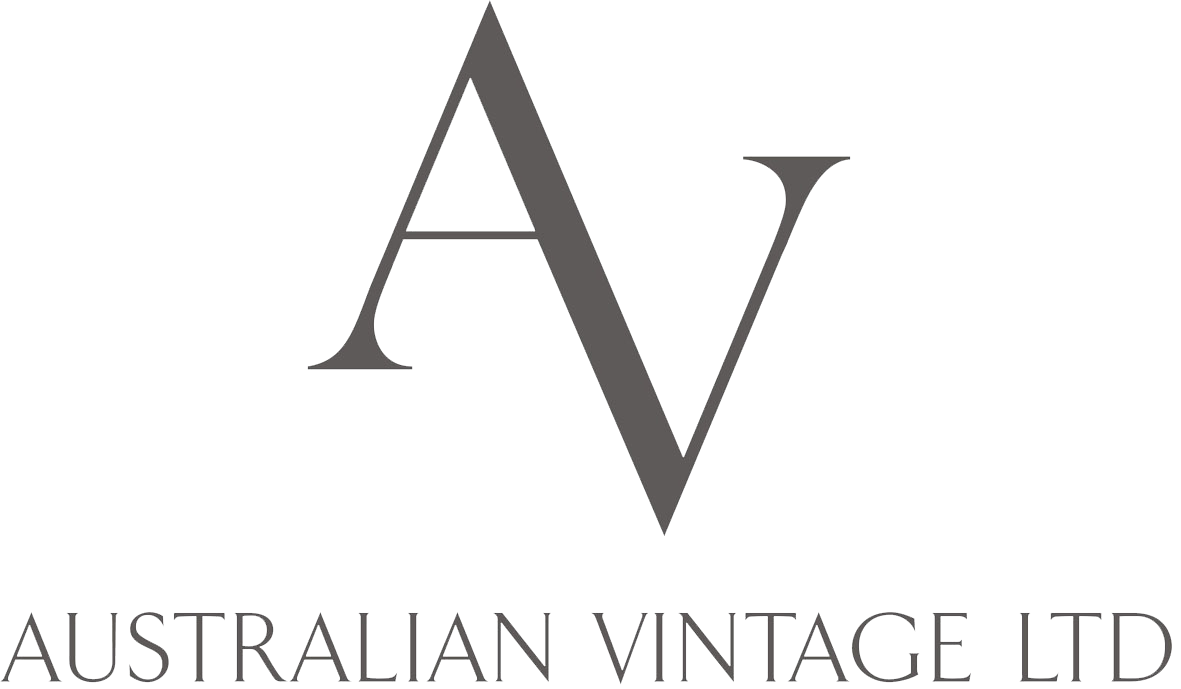

Australian Vintage Ltd

South Australia, Australia
February 2024
Growing perennial crops
Agriculture/Growers
Australia,
Canada,
Singapore,
United Kingdom
Australian Vintage is an ASX-listed leading wine and drinks company. Its diversity of regions, broad portfolio of global brands, production capabilities and established winemaking pedigree has resulted in its brands being recognised and available in 40+ countries. The Australian Vintage team puts the consumer at the heart of everything it does, to delight and inspire drinkers the world over with brands including McGuigan, Tempus Two, Nepenthe, Not Guilty and Barossa Valley Wine Co. Australian Vintage focus on bringing innovative products to market and being ahead of the curve on key consumer trends including emerging varietals, the burgeoning no/low-alcohol wine category and ready-to-drink products. The company understands sustainability is paramount to its success in the future. Its approach to sustainability is a balanced one encompassing its responsibilities across environment, social and governance – whether that’s following sustainable winegrowing practices, being powered by renewable energy, no-and-low alcohol innovation to promote responsible enjoyment, or ensuring that diversity, inclusion, and belonging is at the heart of everything it does. Australian Vintage hopes to set an example of how publicly listed companies of scale can make a positive impact.
Overall B Impact Score
Governance 10.7
Governance evaluates a company's overall mission, engagement around its social/environmental impact, ethics, and transparency. This section also evaluates the ability of a company to protect their mission and formally consider stakeholders in decision making through their corporate structure (e.g. benefit corporation) or corporate governing documents.
What is this? A company with an Impact Business Model is intentionally designed to create a specific positive outcome for one of its stakeholders - such as workers, community, environment, or customers.
Workers 25.1
Workers evaluates a company’s contributions to its employees’ financial security, health & safety, wellness, career development, and engagement & satisfaction. In addition, this section recognizes business models designed to benefit workers, such as companies that are at least 40% owned by non-executive employees and those that have workforce development programs to support individuals with barriers to employment.
Community 16.3
Community evaluates a company’s engagement with and impact on the communities in which it operates, hires from, and sources from. Topics include diversity, equity & inclusion, economic impact, civic engagement, charitable giving, and supply chain management. In addition, this section recognizes business models that are designed to address specific community-oriented problems, such as poverty alleviation through fair trade sourcing or distribution via microenterprises, producer cooperative models, locally focused economic development, and formal charitable giving commitments.
Environment 28.7
Environment evaluates a company’s overall environmental management practices as well as its impact on the air, climate, water, land, and biodiversity. This includes the direct impact of a company’s operations and, when applicable its supply chain and distribution channels. This section also recognizes companies with environmentally innovative production processes and those that sell products or services that have a positive environmental impact. Some examples might include products and services that create renewable energy, reduce consumption or waste, conserve land or wildlife, provide less toxic alternatives to the market, or educate people about environmental problems.
Customers 2.6
Customers evaluates a company’s stewardship of its customers through the quality of its products and services, ethical marketing, data privacy and security, and feedback channels. In addition, this section recognizes products or services that are designed to address a particular social problem for or through its customers, such as health or educational products, arts & media products, serving underserved customers/clients, and services that improve the social impact of other businesses or organizations.